Director Katarzyna Minkowska and dramaturg Tomasz Walesiak collaborated with the Polish Theatre in Poznan on The Foreigner, adapted from the 1936 novel by Maria Kuncewiczowa about a classical violinist who gives up her career to raise her children. The novel takes place on the final day of the woman’s life. But in an ingenious dramaturgical stroke, the play is set during her funeral, allowing her ghost to connect directly with the audience. Alona Szostak’s performance created a devastating portrait of an endlessly needy and manipulative woman who, because of her ethnic appearance and Russian accent, always felt like a stranger. To compensate, she smothered her son with affection and forced her daughter into a musical career. Moving seamlessly between her funeral and the past, the play’s psychology was so rich, and the acting so full, that despite the mother’s abusive behavior, her children and the audience respond with empathy.
First-person narratives
Given the scale of many of the shows above, it was perhaps surprising that the international jury selected a tiny two-hander for the festival’s top prize. And yet, director Anna Karasińska’s Simple Things, created with the Stefan Jaracz Theatre in Olsztyn, gained power through its engaging performances and honest testimony from two veteran actresses, Milena Gauer and Irena Telesz-Burczyk. The piece consisted of stories and confessions about their careers, artfully told and brilliantly organized. Without rancor it offered a critique of some of the male directors who thought nothing of asking them to remove their clothes or engage in demeaning behavior onstage. Ironically the piece ends with one of the actresses naked during a priceless improvisation in which a cooked chicken is devoured.
A more abstract theatre-centric production, also in confessional mode, was created by the artistic director of the Łaźnia Nowa Theatre and Director of Divine Comedy, Bartosz Szydłowski. Inspired by Fellini’s 8 ½, Fear and Misery 2022 is framed by audio interviews between the director and his father on his ninetieth birthday, setting up questions about fulfillment in life. The central action revolved around a theatre director and three actors attempting to create a new play through improvisation but constantly reaching dead-ends. None of their creative ideas seem to measure up to the complexity of Polish life today. Ironic humor leavens the melancholy struggle, including the periodic arrival of a motley chorus of actors ready to act out the next dramatic inspiration. Stunning video and a dense musical score reinforced the Felliniesque atmosphere.
In addition to the timeliness of the work, the dominant takeaway by the American artists in our group was the sense of freedom they experienced on Polish stages.
And on the tiny stage of the Barakah Theatre in Kraków, director Michał Telega’s Angels in America, or Demons in Poland began with a hilarious recital of the company’s failed attempt (through forty-three e-mails) to get the rights to produce Tony Kushner’s Angels in America. Instead, they presented a series of lively, sometimes angry vignettes about everyday gay life in Poland, focusing on the struggle of coming out in a country where the status of LGBTQ+ rights is among the worst in Europe. In a striking stage coup, a male ballet dancer crossed the stage on pointe, slowly and inexorably, from the beginning of the ninety-minute piece to the end.
Why Poland?
As more American artists find themselves leaning into political themes, this may be a helpful moment to take note of Polish theatre with its long tradition of political engagement.
In addition to the timeliness of the work, the dominant takeaway by the American artists in our group was the sense of freedom they experienced on Polish stages. One artist referred to “invisible strings” that seem to control us in the United States, including the financial need to attract big audiences and the demand for realistic linear narratives. In Poland, by contrast, they experienced a “feeling of expansion” in the work, with each production finding its own theatrical form. “In Poland,” another artist said, “you need to keep your Aristotelian drama muscles in check.” And a third artist observed that the work appeared to satisfy, first and foremost, the artists who created it. They wondered if we in the United States have the wrong measures of success.

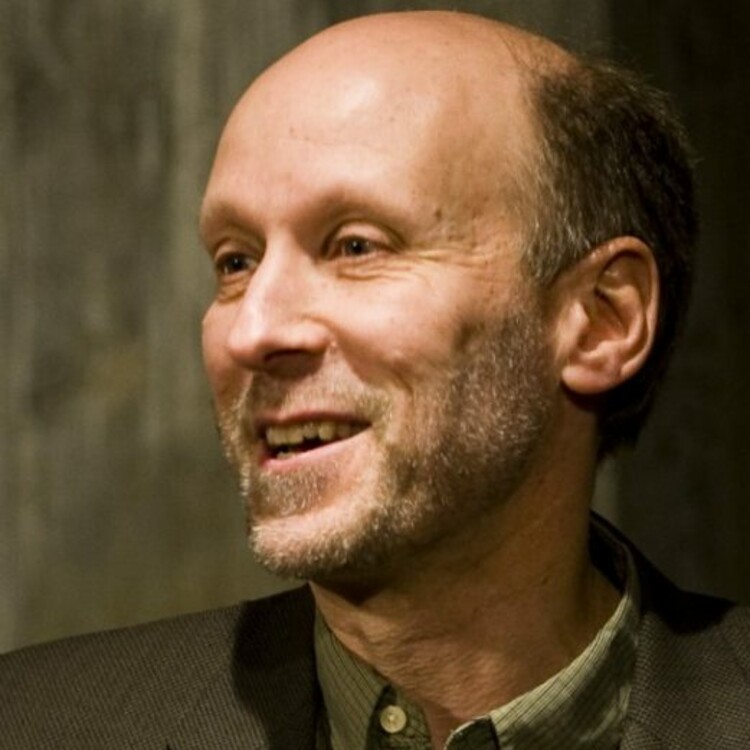
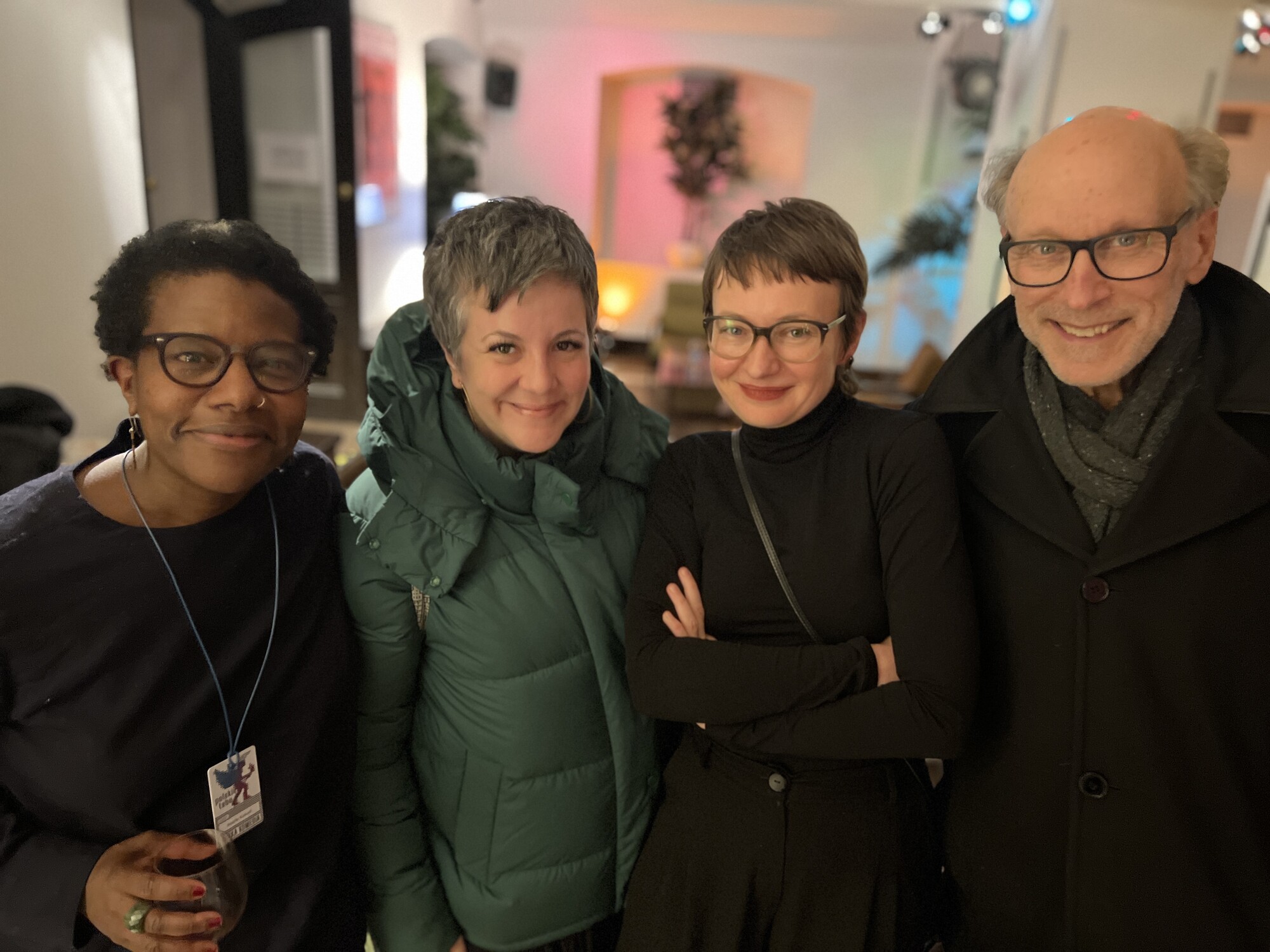
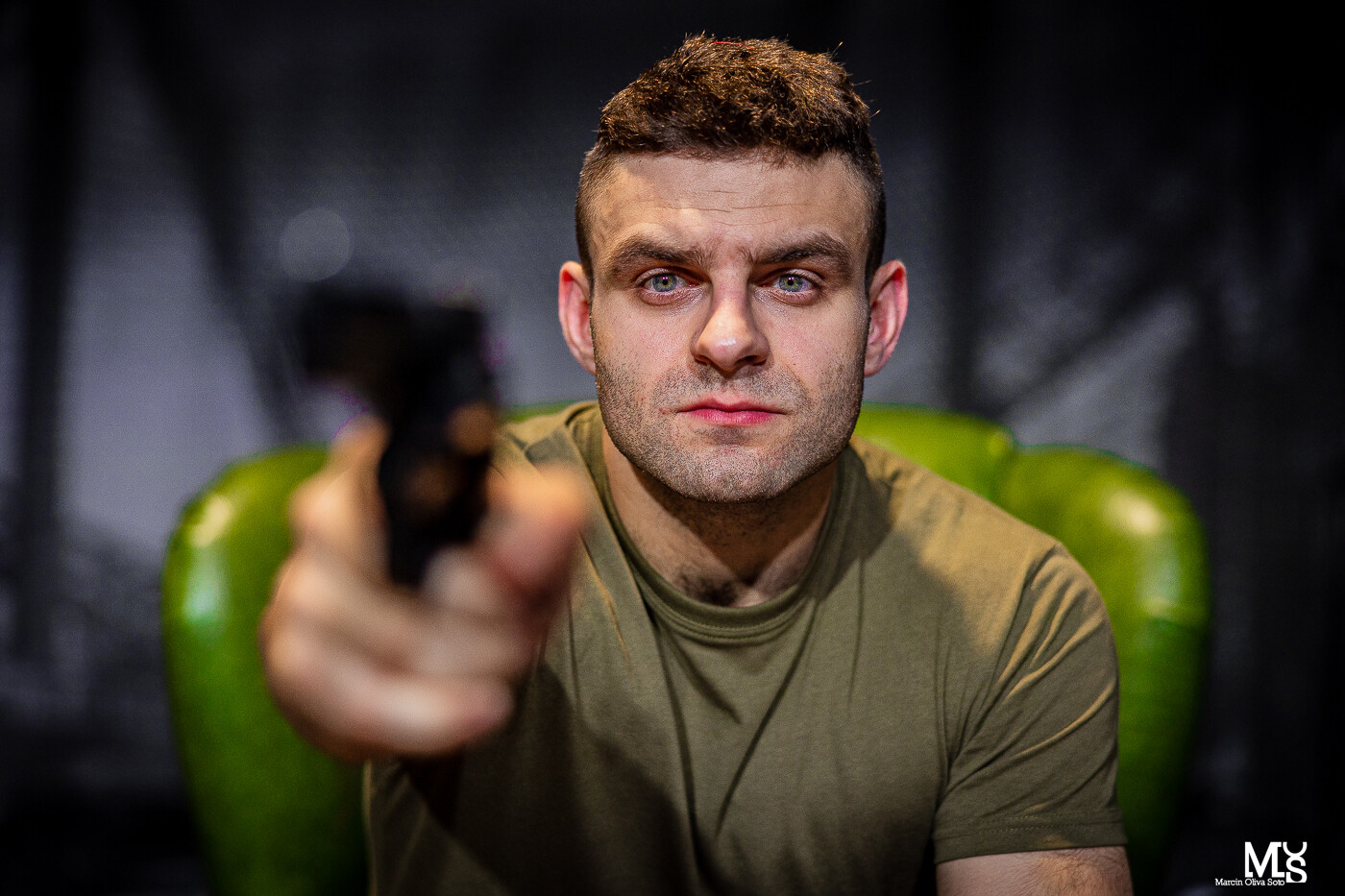
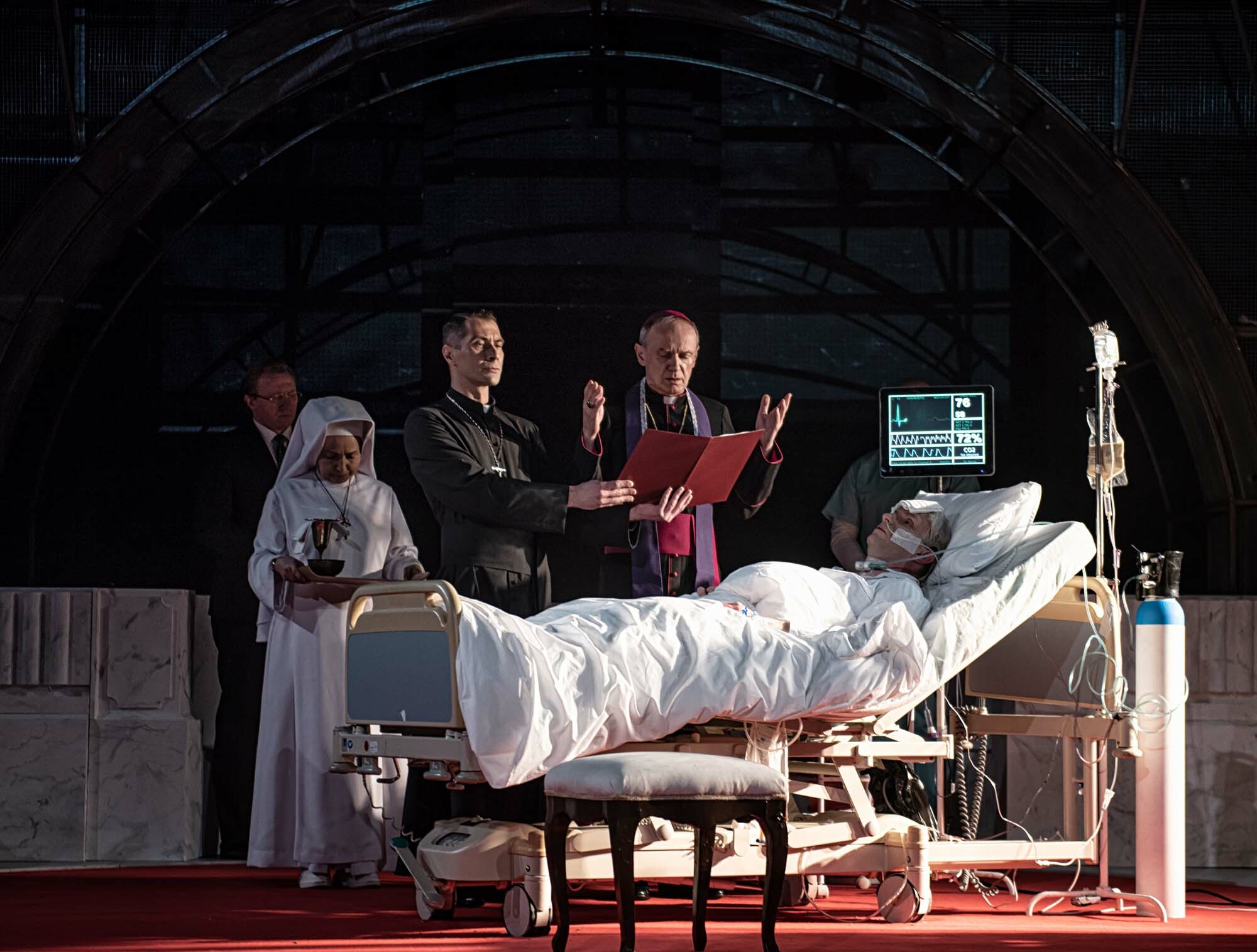
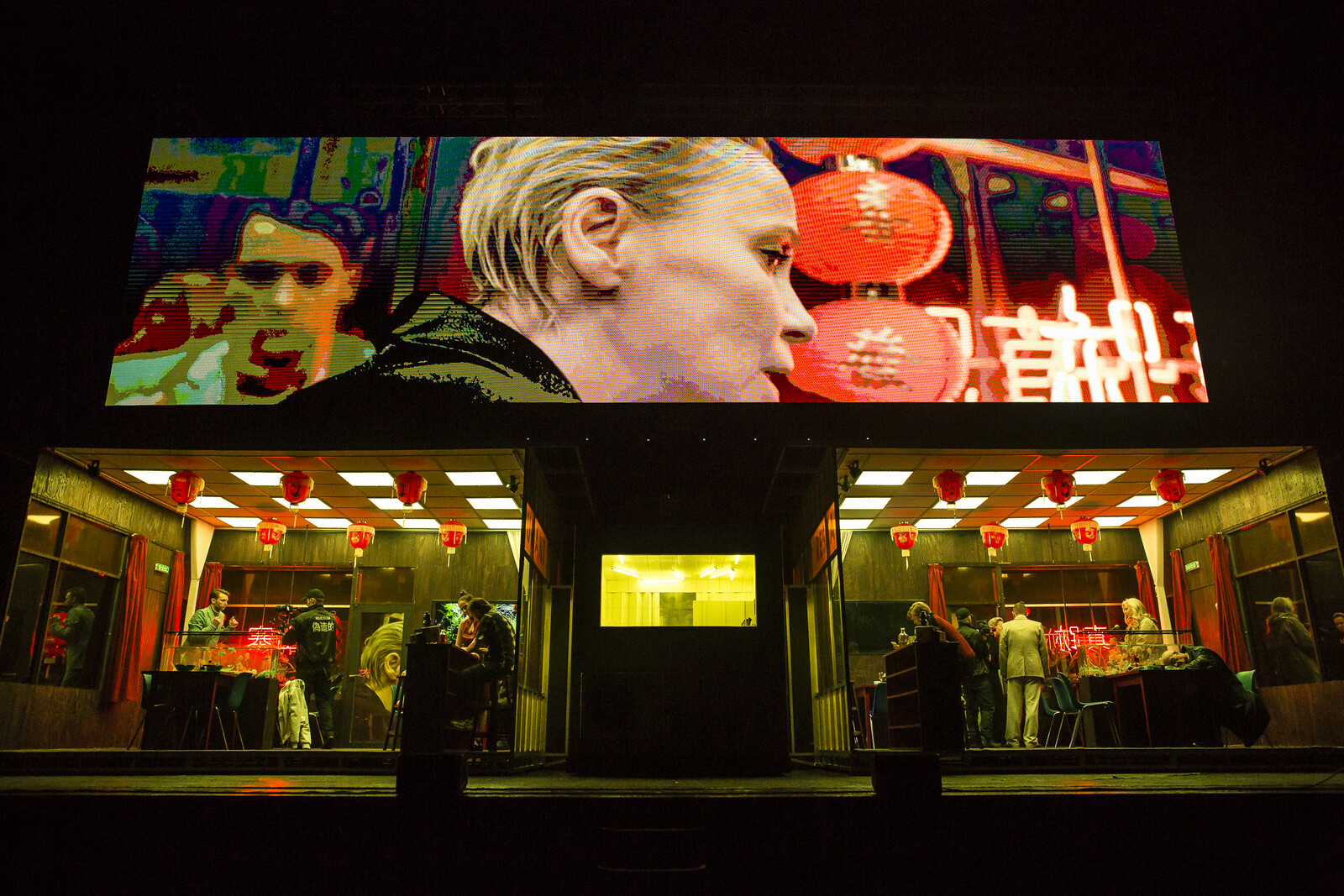
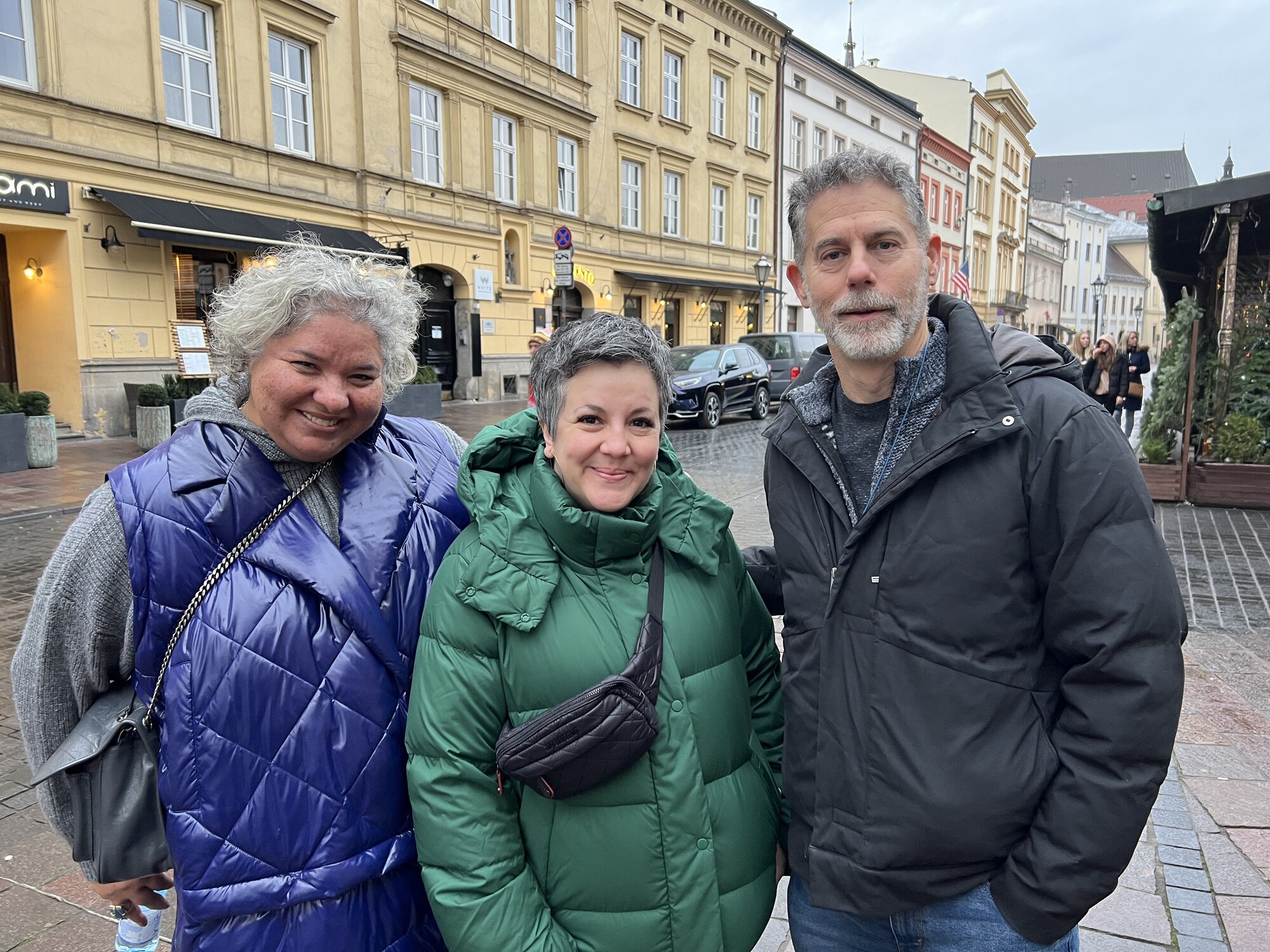
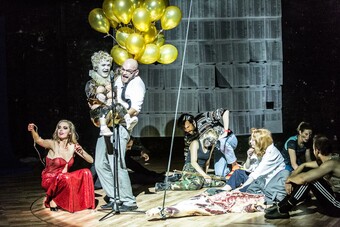

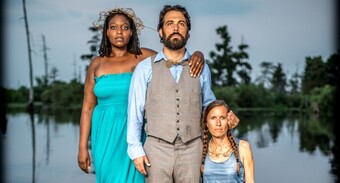

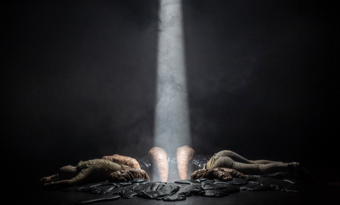

Comments
The article is just the start of the conversation—we want to know what you think about this subject, too! HowlRound is a space for knowledge-sharing, and we welcome spirited, thoughtful, and on-topic dialogue. Find our full comments policy here
I want to add special thanks to Nicole Garneau who reported on four shows above that I wasn't able to see, and to CITD's Project Manager Brandice Thompson and Polish consultant Małgorzata Semil who provided invaluable feedback and edits.